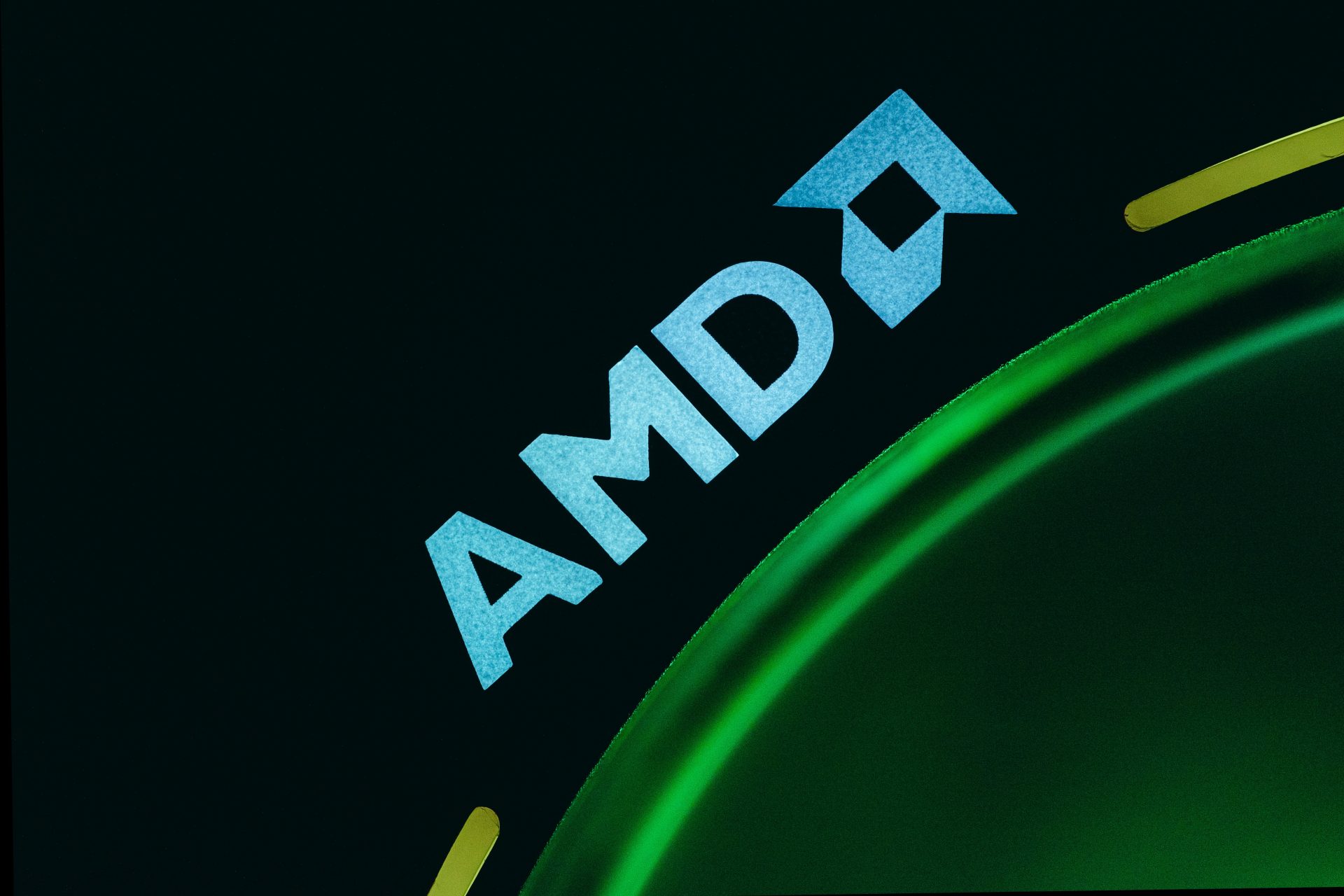AMD, the renowned chipmaker, has recently announced its plans to acquire Nod.ai, an artificial intelligence startup. This strategic move by AMD is aimed at strengthening its software capabilities and catching up with its rival, Nvidia, in the AI chip market. While Nvidia has gained a significant advantage through its software and developer ecosystem, AMD aims to invest in a unified collection of software to power its advanced AI chips.
The Importance of Software in the AI Chip Market
In the race to dominate the AI chip market, software plays a crucial role. Nvidia has capitalized on this by developing powerful software that complements its AI chips, giving the company a competitive edge. Recognizing the significance of software, AMD is determined to invest in and build its own software capabilities to enhance the performance of its chips.
“We are executing to that strategy,” affirms AMD President Victor Peng in an interview with Reuters. “And doing it through internal investment as well as external acquisitions.”
The Acquisition of Nod.ai
The acquisition of Nod.ai aligns perfectly with AMD’s strategy. Nod.ai’s technology enables companies to easily deploy AI models specifically designed for AMD’s chips. This acquisition will not only enhance AMD’s software capabilities but also allow the company to cater to the needs of its customers, particularly large data center operators.
The terms of the deal have not been disclosed, but according to PitchBook data, Nod.ai has raised approximately $36.5 million. This acquisition follows AMD’s creation of an AI group earlier this year, which will incorporate Nod.ai. With a current team of around 1,500 engineers, mostly focused on software development, AMD plans to expand the team further by hiring an additional 300 professionals in 2024.
AMD’s Growth Strategy
AMD has been experiencing rapid growth, and its acquisition of Nod.ai is the second in recent months. When asked about the possibility of further acquisitions, Peng stated, “We’re always looking.” This indicates that AMD is actively seeking opportunities to strengthen its portfolio and expand its capabilities in the AI chip market.
Vamsi Boppana, Senior Vice President of the Artificial Intelligence Group at AMD, emphasizes the company’s commitment to growth. He explains, “We have been growing rapidly, with plans for next year as well.”
Competing with Nvidia
Nvidia has established itself as a leader in the AI chip market, primarily due to its software expertise. AMD recognizes the importance of catching up with its rival and aims to close the gap by investing heavily in software development. By acquiring Nod.ai, AMD hopes to leverage its technology to optimize the performance of its chips and provide customers with a competitive alternative to Nvidia’s offerings.
The Future of AMD in the AI Chip Market
With the acquisition of Nod.ai, AMD is taking significant steps to strengthen its position in the AI chip market. By building a robust software ecosystem and investing in talented engineers, AMD aims to offer comprehensive solutions to its customers. The company’s growth strategy, coupled with its commitment to innovation, positions it as a formidable competitor to Nvidia.
As AMD continues to expand its software capabilities, it is poised to deliver cutting-edge AI chips that can meet the evolving demands of the industry. With a focus on both internal development and strategic acquisitions, AMD is well-positioned to carve out its own niche in the competitive AI chip market.
See first source: Reuters
FAQ
Q1: Why is AMD acquiring Nod.ai?
A1: AMD is acquiring Nod.ai to enhance its software capabilities and compete effectively in the AI chip market. This strategic move aims to close the gap with its rival, Nvidia, which has gained an advantage through its software and developer ecosystem.
Q2: What role does software play in the AI chip market?
A2: Software is critical in the AI chip market, as it complements the hardware and enhances chip performance. Nvidia’s success has been attributed in part to its powerful software. AMD recognizes this and is investing in software to boost its chip performance.
Q3: How will the acquisition of Nod.ai benefit AMD?
A3: Nod.ai’s technology allows for the deployment of AI models designed for AMD’s chips. This acquisition strengthens AMD’s software capabilities and enables it to cater to the needs of customers, particularly in large data centers.
Q4: What are the terms of the Nod.ai acquisition?
A4: The terms of the deal have not been disclosed publicly. However, Nod.ai had previously raised approximately $36.5 million in funding.
Q5: What is AMD’s growth strategy in the AI chip market?
A5: AMD has been experiencing rapid growth and is actively seeking opportunities to expand its capabilities. This acquisition is part of AMD’s strategy to strengthen its portfolio in the AI chip market.
Q6: How does AMD plan to compete with Nvidia?
A6: AMD aims to compete with Nvidia by investing heavily in software development. By acquiring Nod.ai, AMD intends to optimize its chip performance and offer customers a competitive alternative to Nvidia’s offerings.
Q7: What does the future hold for AMD in the AI chip market?
A7: With the acquisition of Nod.ai, AMD is taking significant steps to strengthen its position. By building a robust software ecosystem and investing in engineering talent, AMD aims to offer comprehensive AI chip solutions. The company’s growth strategy and commitment to innovation position it as a formidable competitor in the AI chip market.
Featured Image Credit: Timothy Dykes; Unsplash – Thank you!










